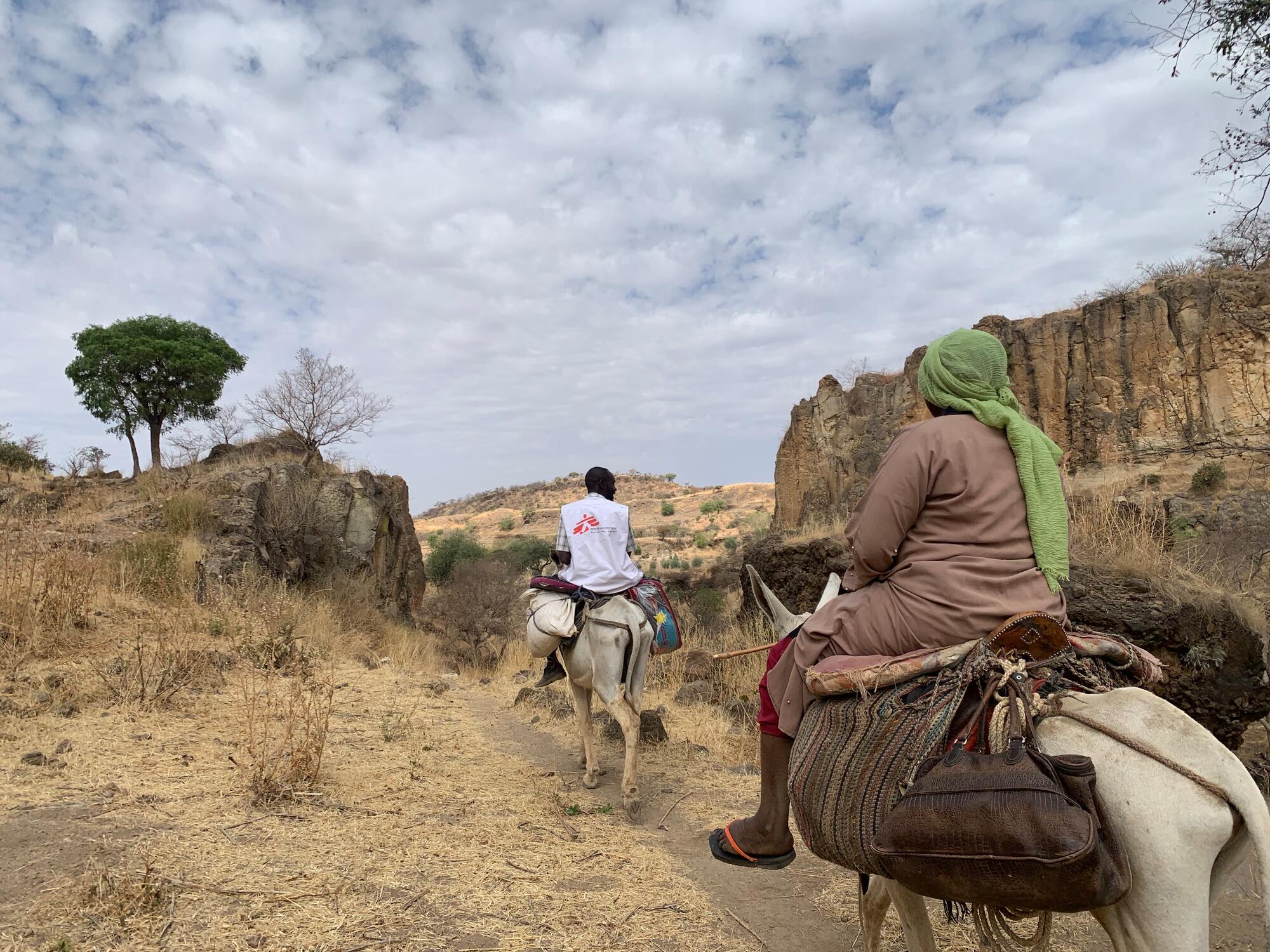| |
 |
Médecins Sans Frontières (MSF) - Spain is an independent international medical humanitarian organisation that delivers emergency aid in more than 60 countries to people affected by armed conflict, epidemics, natural or man-made disasters or exclusion from healthcare.

Background:
|
||||||||
Duties and responsibilities:
|
||||||||
Minimum Qualification, Skills and Experience Required:
|
||||||||
MSF is a civil society initiative that brings together individuals committed to the assistance of other human beings in crisis. As such MSF is by choice an association. Each individual working with MSF does it out of conviction and is ready to uphold the values and principles of MSF. MSF OCBA is a people-focused humanitarian organization that offers a diverse, collaborative, and inclusive work environment. We believe this approach enhances our work and we are committed to equity in employment. We embrace diverse backgrounds of people working together to exhibit their passion in action for the social mission of MSF. All applications will be treated with the strictest confidence. MSF provides a work environment that reflects the values of gender equality, teamwork, integrity and a healthy balance of work and life. MSF does not tolerate sexual exploitation and abuse, any kind of harassment, including sexual harassment and discrimination. All selected candidates will, therefore, undergo reference checks. |
||||||||
